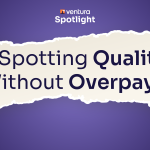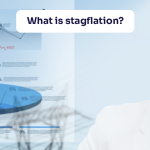Learn how to claim up to ₹2.1 lakh as HRA exemption even while living with your parents. Follow this step-by-step guide with a real-world salary example.
House Rent Allowance (HRA) is a component of a salaried employee’s income designed to reduce tax liability for those living in rented accommodation. It is covered under Section 10(13A) of the Income Tax Act, which allows a portion of HRA to be exempted from income tax if specific conditions are met.
Even though the new tax regime looks attractive without deductions, HRA remains a vital exemption for those opting to continue with the old regime.
Yes, you can. The Income Tax Act permits HRA exemption even if you reside in a house owned by your parents or relatives—provided the rent is actually paid and documented. The key lies in ensuring that the arrangement is genuine and traceable through proper records.
Let’s illustrate this with a detailed example of Mr. ABC, a salaried employee residing in Mumbai:
Under Section 10(13A), the exempt amount is the lowest of the following three:
The least of these three amounts is:
₹2,10,000 — which will be exempt from tax.
The remaining HRA (if any) will be taxable as part of the salary.
Self-employed individuals cannot claim HRA under Section 10(13A). Instead, they can explore Section 80GG, which provides deductions for rent paid—albeit under stricter conditions and lower limits.
Living with parents does not automatically disqualify you from claiming HRA. If structured correctly—with genuine rent payments, proper agreements, and documentation—you can lawfully claim up to ₹2.1 lakh in tax exemption.
This provision can significantly reduce your tax burden, especially for salaried employees under the old regime. But remember: compliance and evidence are key.
Disclaimer: The article is for informational purposes only and not investment advice.

Revisiting the Gold-Silver Ratio Amid Silver's Outperformance
2 min Read Dec 22, 2025
Midcaps: Sweet Spot or Danger Zone? | What HSBC MF’s Cheenu Gupta Thinks | Ventura Spotlight
2 min Read Dec 17, 2025
Understanding Option Pin risk near expiry
2 min Read Dec 12, 2025
EPS in the Stock Market
2 min Read Dec 12, 2025
What is stagflation?
2 min Read Dec 10, 2025